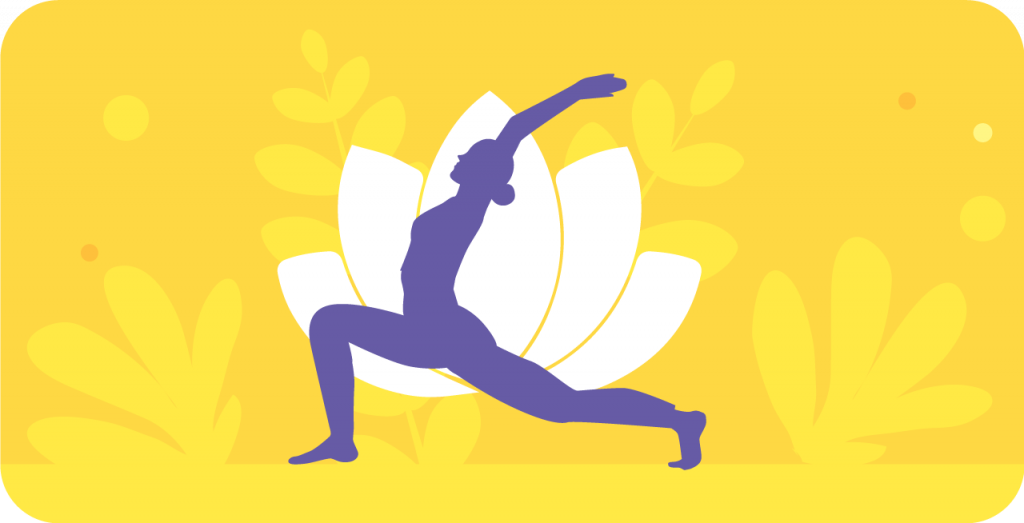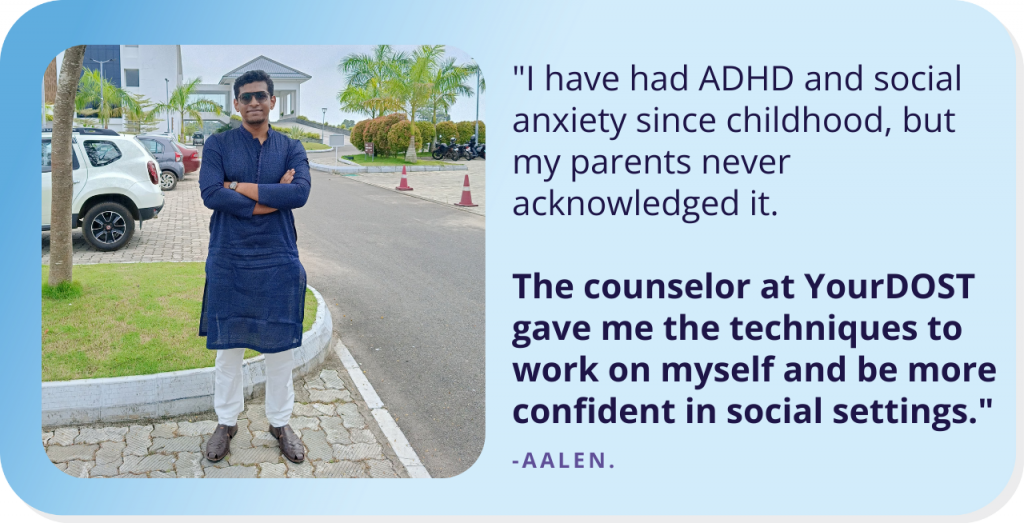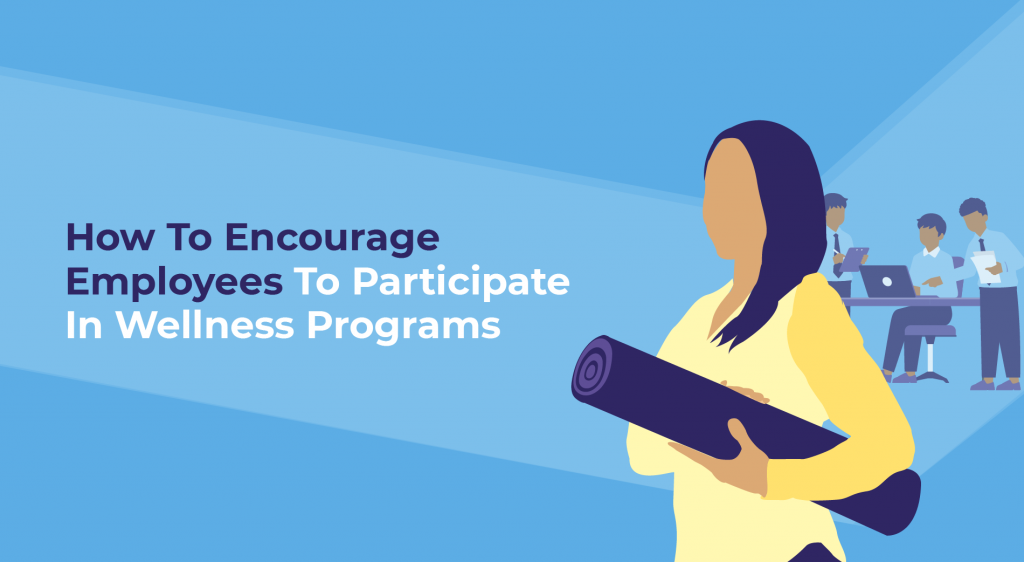
Unveiling Layers of Women’s Mental Health

Picture this: A globally acclaimed actress, known for her dazzling smile and grace, steps out of the bubble of the “perfect” Bollywood life and openly talks about her struggles with mental health. That’s right, it’s the one and only Deepika Padukone we are talking about! Amidst her seemingly perfect life, jewelled with success, she dared to step up and talk about her vulnerability to thousands of fans and shared how important mental health is. Her openness sparked a global conversation, breaking down barriers and encouraging others to step forward and share their stories too.
In the journey of life through roles and responsibilities, women navigate a complex path, often neglecting the spotlight on their mental health. As of October 2021, women had the highest share of mental health disorders in India, with 39% experiencing stress and 30% anxiety. It’s time to break the silence, ignite conversations, and empower her mind!
Breaking The Stigma

Breaking the stigma surrounding women’s mental health is similar to dismantling an invisible fortress built on societal expectations. Women are often expected to embody unwavering strength and composure, eventually discouraging them from acknowledging their mental health struggles. However, true empowerment begins with demolishing these outdated norms.
Imagine a world where vulnerability is celebrated, where a woman can speak her truth without fear and judgment. According to the National Institute of Mental Health, 1 in 9 women, 18 and older, have had at least one major depressive episode in the past year. It’s high time the narrative around women’s mental health is redefined, replacing shame with compassion and understanding. By creating a culture of open conversations, we can build an atmosphere where women feel empowered to seek help, share their experiences, and break free from the shackles of stigma.
The Impact of Hormones

Hormones are chemicals that enable the female mind to feel various kinds of emotions depending on the type of hormones released. Picture it as a rollercoaster ride through the highs and lows of hormonal changes. Puberty, pregnancy, and menopause, each phase accompanied by hormone shifts can make women feel a myriad of emotions and experience mood swings. During the early teenage years, hormones are actively released in the female body, creating a whirlpool of emotions.
Next is the pregnancy chapter, when hormones take centre stage again. The female body prepares for caring and nurturing a baby for 10 months which onsets the fusion of hormones. And lastly, menopause, where hormones appear and disappear so frequently that they leave women confused about their mood swings. According to a study by Harvard, as women transition through menopause, hormonal changes can trigger or worsen existing mental health conditions. Understanding this hormonal journey is crucial as it serves as a roadmap for navigating the complexities of hormonal changes. It helps women and those around them, to offer support, empathy, and lots of care during this emotional turbulence.
Balancing Acts: Work, Family, and Self-Care

Juggling work, family, and self-care is like having six hands and juggling everything simultaneously. This balancing act can often be overwhelming for women. Trying to meet work deadlines, taking care of your family’s well-being, and finding time for yourself can be a daunting task. This overwhelming process may often lead to anxiety and stress over time.
According to the American Psychiatric Society, depression is the most common mental health problem in women, with twice as many women experiencing depression in their lifetime than men. Time management, setting realistic boundaries, and taking a moment for self-care will help women overcome this juggling act to an extent. It’s about recognising that it’s okay to prioritise your well-being from time to time amidst life’s demanding circus.
Resilience and Strength

Women show incredible patience and strength in the face of all the storms of life. They can rise from the deepest of problems. Their stories show how in every woman there is enough courage to rise above and smash a few extra barriers with grace while giving priority to their mental health. Through marking and celebrating this resilience, we not only remember but also motivate other people to find inner strength and flow with grace through the ups and downs of life.
Understanding and supporting women’s mental health needs a holistic approach that takes care of diversity, breaks stereotypes, and acknowledges the unique challenges faced by women. According to NIH, approximately 85%-95% of people with anorexia nervosa or bulimia, and 65% of people with binge eating disorders are women.
By fostering open conversations, recognizing the high impact of hormones, and promoting self-care methods, women can be empowered to prioritise their mental well-being. Together, a world can be created where women feel heard, seen, and supported on their journey of mental health.







